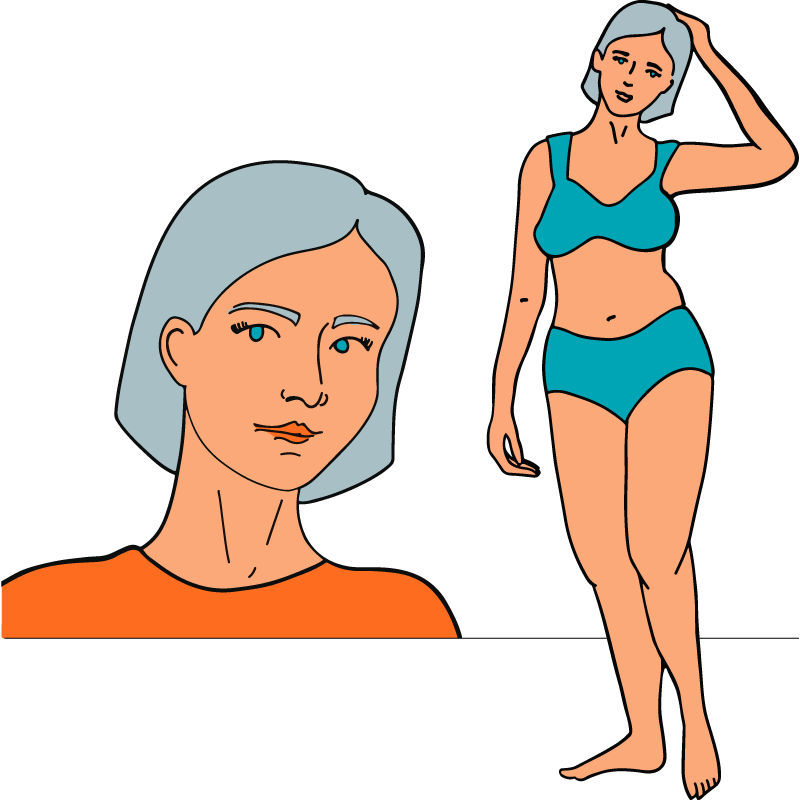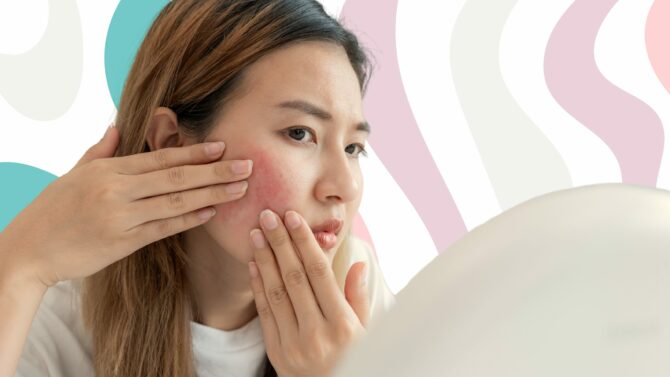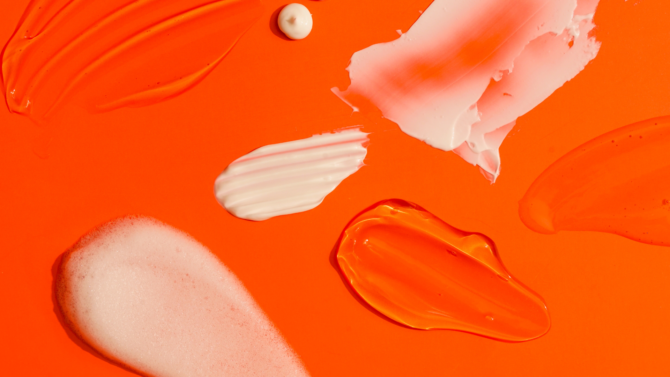Dry Skin
What is dry skin?
Dry skin is skin that lacks sufficient moisture to keep it supple and flexible. Your skin consists of three major layers: the epidermis on the outside, the dermis beneath the epidermis, and the hypodermis (also called the subcutaneous layer) below the dermis. Dry skin occurs in the stratum corneum, the outermost layer of the epidermis. You’ll occasionally run across two medical names for it: xeroderma is literally ‘dry skin’ in Greek (xero meaning dry, and derma meaning ‘skin’) or xerosis (‘dryness’), but dry skin works just as well.






 The Tweakments Chatbot
The Tweakments Chatbot